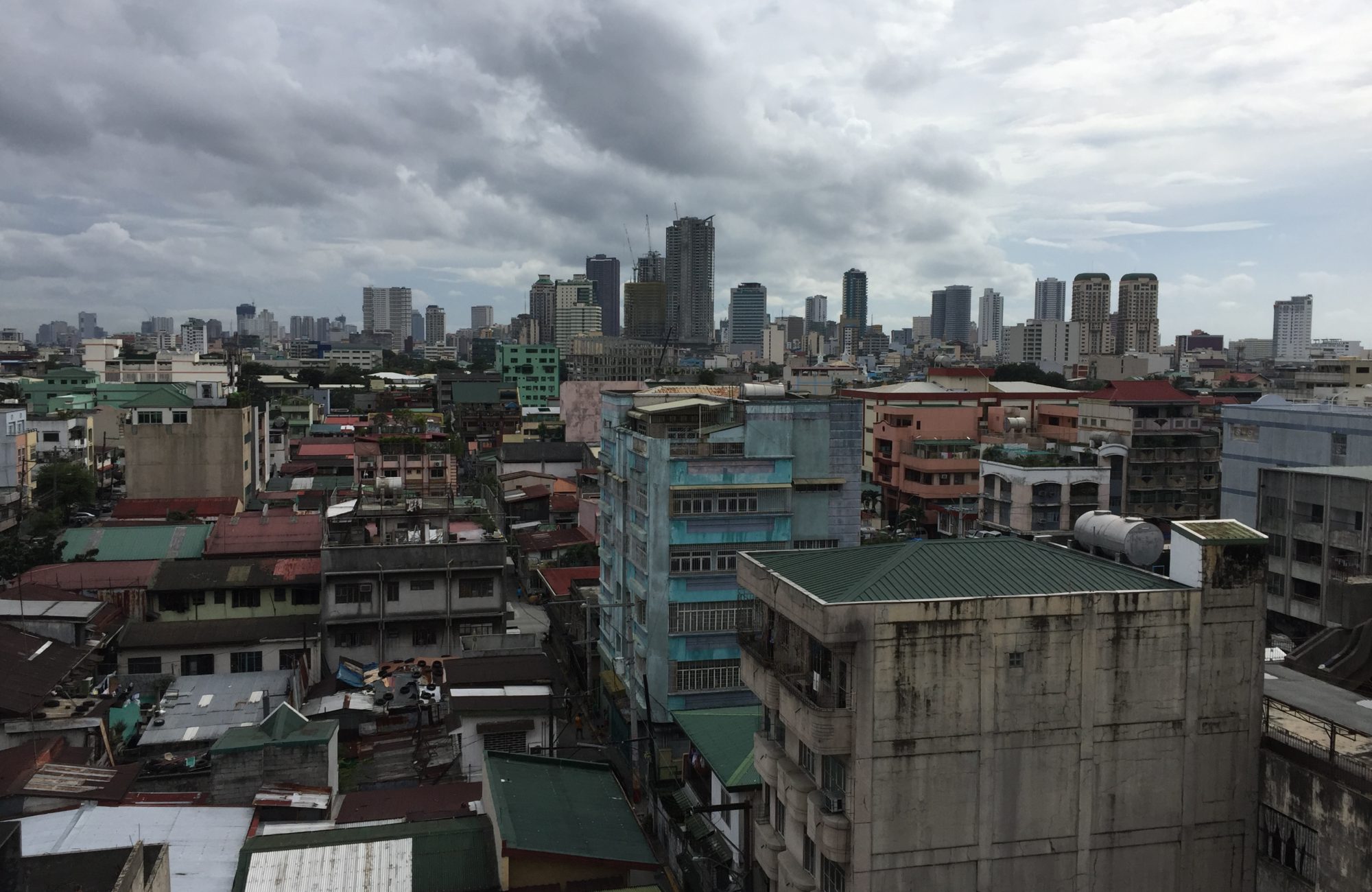(Originally published February 18, 2021)
We are now one month and dozens of executive orders into the Biden administration. Where are we? What do we really know?
- Decisions are being reached but the justification supporting the decision is never made clear.
- Directions are being followed but the reason for choosing the direction is never discussed.
- Policies are being established but the rational behind the policy is never explained.
Who is advising President Biden? How much of the decisions, directions, and policies originate with President Biden, and how much comes from his advisors? There is no accountability or transparency in the Biden administration. It is very much a secret society, a black box of governance.
Whether or not you liked the decisions, directions, and policies of the Trump administration, at least you knew why they were being made and by whom. Things are quite different now.
The general impression being created is that all of President Biden’s executive orders, decisions, directions, and policies are being motivated primarily by an intense dislike of President Trump and anything associated with Trump, and are being unduly influenced by leftist progressives and special interest groups such as the teacher’s unions and Black Lives Matter Inc. Absent of any debate or discussion, how can we be sure that any of this is in the best interests of the American people?
Where is the moderation and unification that we were promised? It is understandable that the 75 million people who voted for President Trump feel left out of the decision-making progress, but how about the 80 million people who voted for President Biden? As many are beginning to realize, they are being left out as well.
Perhaps all the warnings about President Biden were correct – that he is easily manipulated and controlled, unable to direct the course of his own administration. He seems unable to seize the opportunity provided by the presidency to lead, to inspire, to achieve. Where is President Biden’s “Make America Great Again”, his “Shining City On The Hill”, his “Ask Not What Your Country Can Do For You”?
President Biden’s election is clouded by suspicions of fraud, allegations of unconstitutional acts, and reports of excessive irregularities. His family is accused of profiteering, selling out the country, and acting unethically. How can President Biden expect the American people to trust him when he has so far refused to really address these issues?
Day after day moderates and conservatives alike question the wisdom of decisions being made by the Biden administration, such as releasing illegal aliens into the country, allowing Chinese products to be used in the country’s power grid, suspending energy-related capital projects, and supporting the postponement of in-person education in public schools. These decisions do not appear to be in the best interests of the American people. On the contrary, sound reasons are given that the decisions are in the people’s worst interests.
But the Biden administration never addresses these questions. It is as if the administration does not feel any responsibility to the American people to explain its actions.
President Biden can repeat “Trump Is Bad – Covid-19” for only so long before it loses its impact and turns into a sad excuse for Biden administration policies that are poorly thought out and harmful to the American people. News Flash – Trump is no longer president, and the Covid-19 vaccination program is well underway. It is all on Biden now.
President Biden recently reminded us during his first town hall of the three principles of his presidency:
- Restore the soul of the country, focusing on decency, honor, integrity, and dignity.
- Rebuild the backbone of the country, expanding the middle class, ensuring that minorities have an equal opportunity to be included.
- Unite the country, basing decisions on consensus instead of one-party rule.
Certainly, President Biden believes in these principles, and they are noble principles that would strengthen the country if they could only be achieved. But it is equally evident that President Biden is an elder statesman, to put it kindly. He needs his advisors, his cabinet, and his vice president to fully support these principles and act accordingly.
Unfortunately, the Biden administration is too woke for its own good, too politically correct, too superficially diverse. There are too many people in highly visible positions who want to make their mark and cannot help but let their own ambitions cloud their judgement and negatively affect the performance of their duties. There are too many undisciplined people who follow their own interpretation of President Biden’s principles in order to suit their own agenda.
Generals Mattis, Kelly, and McMaster brought decency, honor, integrity, dignity, honesty, toughness and pragmatism to President Trump’s administration. It is still early in his administration, but President Biden needs to find his own generals before his principles are forgotten and replaced with a progressive form of corruption based upon wokefulness and personal ambition.

